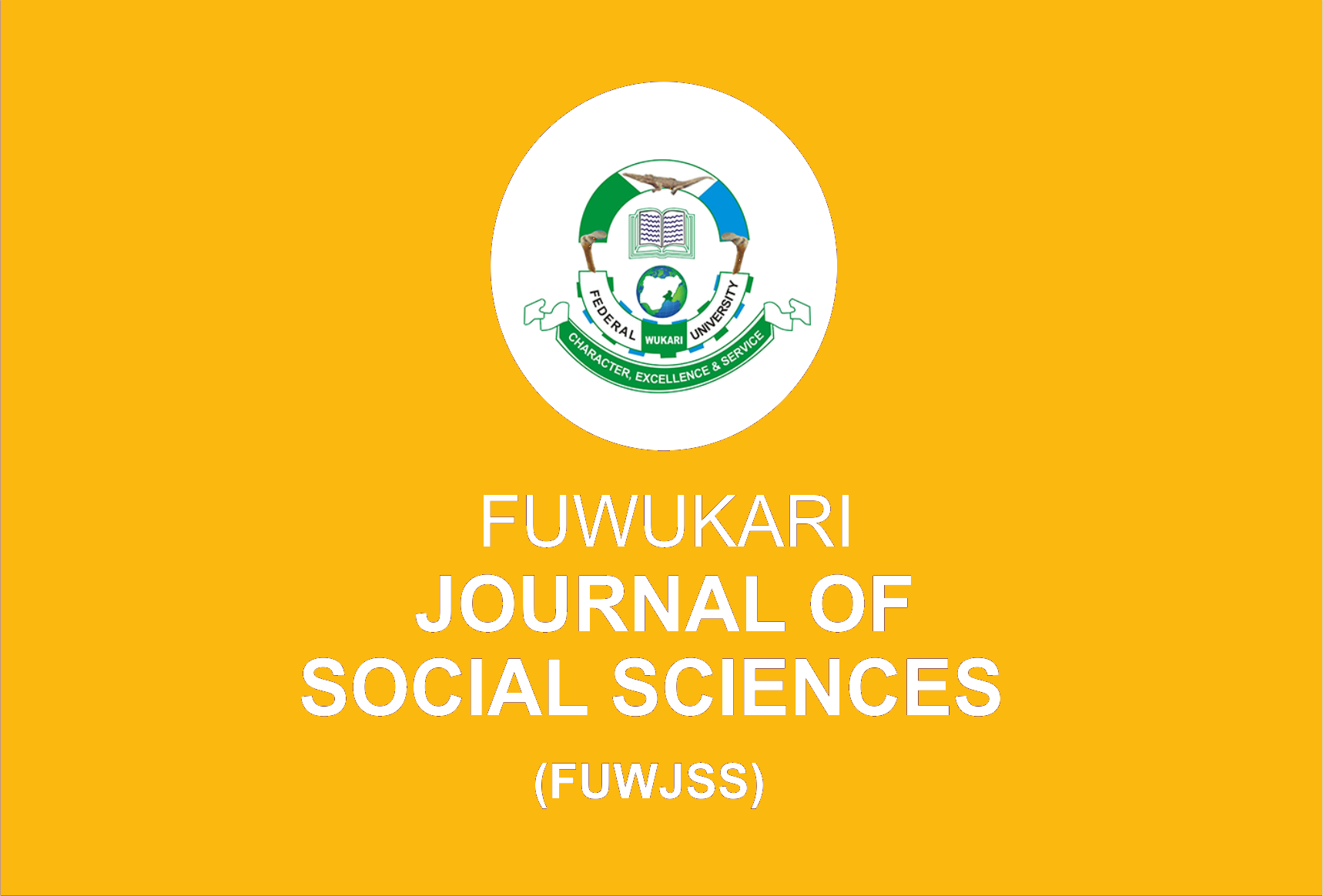Kidnapping And Commoditization Of Human Beings In Nigeria
Wonotanzokan Tagowa Nzeda, Isa Mohammed, Hamidu Bello Abbare
Keywords: Commoditizing human-beings, insecurity, kidnapping, Queer Ladder, ransom
Abstract
This paper examines the phenomenon of kidnapping for ransom and historicizes its nature and dynamics in Nigeria. The general security situation of the Nigerian-State has been multi-dimensionally complex and dangerous. This has resulted to increasing criminal activities of armed non-state actors (ANSA), who have overwhelmed the Nigerian security forces. This created ungovernable spaces at Dan-Sadau in Zamfara, Birnin Gwari axis of death, Okohia forest Owerri in Imo State, Sambisa forest in Borno State and Palgore forest in Kano State which causes the displacement of millions of people, and the loss of tens of thousands of Nigeria’s human lives. The paper relies on secondary sources of data from books, newspapers, journal articles, document analysis and open resource materials and observations. The paper is anchored on Queer Ladder Theory (QLT) of organized crime as theoretical framework of analysis. The findings of the study reveal that factors that contribute to kidnapping in Nigeria includes: the country’s poor economic situation and poverty, porous borders, the proliferation of small and light weapons, a lack of political will to enforce anti- kidnapping laws, and the availability and use of opioid drugs. The paper concludes that kidnapping is the new criminal economy in Nigeria where billions of Naira is paid as ransom to kidnappers. The study recommends the improvement of the economy to create jobs and opportunities; effective border security governance; inter-agency cooperation; politic al will to enforce laws on kidnappings; and a bottom-top approach to curb the menace of kidnapping through community policing.
Author Biography
Wonotanzokan Tagowa Nzeda
Department of Political Science, Federal University Wukari
Isa Mohammed, Hamidu Bello Abbare
Department of Political Science & International Relations, Taraba State University, Jalingo

